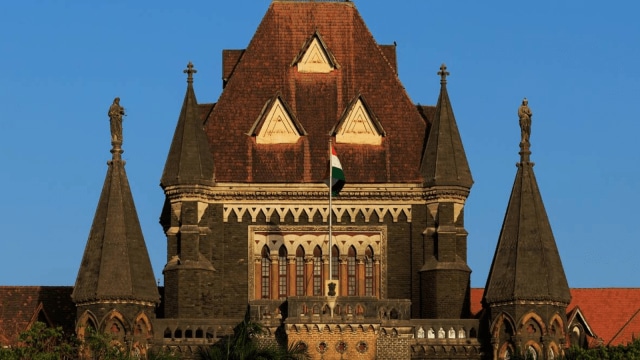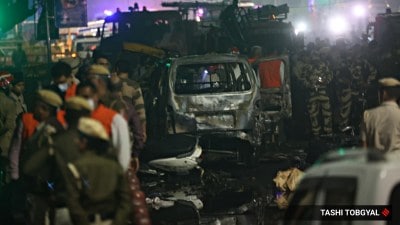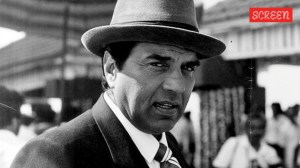Pallavi Purkayastha murder case: Bombay HC dismisses plea seeking death penalty to security guard, upholds his conviction and life sentence
The court observed that the murder case was not “rarest of rare"
 After his conviction, the Maharashtra Government approached the Bombay High Court, seeking the death penalty for Pathan. (File)
After his conviction, the Maharashtra Government approached the Bombay High Court, seeking the death penalty for Pathan. (File)The Bombay High Court on Monday refused to enhance the life sentence of the security guard who was convicted for murdering 25-year-old corporate lawyer Pallavi Purkayastha at her Wadala flat in 2012. The court dismissed pleas by the Maharashtra government and the father of Pallavi Purkayastha seeking death penalty for Sajjad Ahmed Abdul Aziz Mughal alias Sajjad Pathan.
The court also declined Pathan’s plea challenging the trial court verdict and upheld the conviction and life sentence awarded to him. The court, “in the interests of justice,” modified the trial court order and sentenced him to imprisonment till the end of his natural life and specified that “he will not be entitled to the grant of parole of furlough.”
“We deem this appropriate based on the conduct of the convict who has on previous occasion absconded and was returned to prison after a period of one-and-a-half years from near the Pakistan border,” the HC observed in its order, adding that prosecution’s case was proved “beyond any reasonable doubt.”
A division bench of Justices Ajey S Gadkari and Neela K Gokhale passed a verdict on the petitions. A sessions court in Mumbai in July 2014 sentenced Pathan to life imprisonment, and refused to award him the death penalty, observing that the case was not “rarest of rare”.
The sessions court had convicted him for offences punishable under Sections 302 (murder), 354 (assault or criminal force to woman with intent to outrage her modesty) and 449 (house-trespass in order to commit offence punishable with death) of the Indian Penal Code (IPC).
After his conviction, the state government approached the Bombay High Court, seeking the death penalty for Pathan. The state government filed an appeal claiming that the case fell in the category of “rarest of the rare,” and Pathan deserved to be sentenced to the death penalty.
Pallavi’s father, Atanu Purkayastha, a retired IAS officer, filed a criminal revision application before the high court, claiming that the sentence awarded by the sessions court was not proportionate to the “heinousness of the gruesome murder”.
As per the police, Pathan deliberately cut off the power supply to Pallavi Purkayastha’s flat sometime before the murder, following which she had to call electricians to get it restored, allowing him to enter her house.
The evening after her body was found, the police arrested Pathan at Mumbai Central Railway Station before he could catch a train to Surat, from where he had allegedly decided to go to his native state, Jammu and Kashmir.
He had been on the run since March 2016, as he went missing while he was on parole to meet his ailing mother, and Mumbai police nabbed and brought him back from Jammu and Kashmir after nearly 19 months.
The HC observed that “there is no material on record to indicate the entry of another person than Pathan after 1.30 am in Pallavi’s flat.” Therefore, the “prosecution’s case against Pathan, based on the last seen theory is thus established.”
The bench added that “complete link in the chain of circumstances proves Pathan’s guilt beyond reasonable doubt” and “there was nothing in the cross examination regarding any suggestion that the police had any motive to falsely implicate Sajjad in the case.”
Justice Gokhale for the bench further observed it was not a lapse on the part of the police that society’s internal CCTV cameras were not in working condition and “no purpose could be served in collecting the cameras when there was no footage available.”
The HC concluded that in-depth analysis of circumstantial, legal, admissible and cogent evidence “established the guilt of appellant (Pathan) beyond reasonable doubt” and “motive for commission of the offence was established”. Confirming the life imprisonment, the HC held, “In all human probability, the act of murder of the deceased is done by the Pathan. The observations of the trial court are compelling and do not warrant any interference.”



- 01
- 02
- 03
- 04
- 05




























